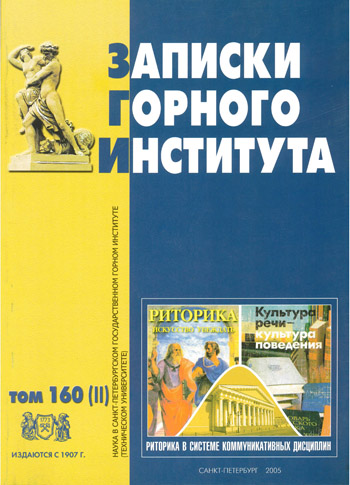Place and role of linguistic component in the professional training of future specialists
- S.A. Esenin Ryazan State Pedagogical University
Abstract
A special role in the formation of an open and creative personality is assigned to the Russian language, which as an academic subject in humanitarian training has a special status. Like other components of culture, speech culture is inculcated, nurtured and requires constant improvement throughout life. Professional training is a complex integrated process in which the mastery of knowledge of Russian language is inseparable from the training of professional and pedagogical skills. In the formation of students' communicative competence a significant role is given to familiarizing future specialists with the norms of speech culture, which implies the correct and appropriate use of language means in different spheres and communicative-speech conditions of communication. The basic part of the program "Russian Language and Culture of Speech" for students of non-philological specialties are invariant in content, but mobile in structure blocks that provide educational and cultural basis of language training of students. The other part of the program is presented in the form of professionally significant material, allocated on the basis of a careful and deep study of the needs of professional training.
